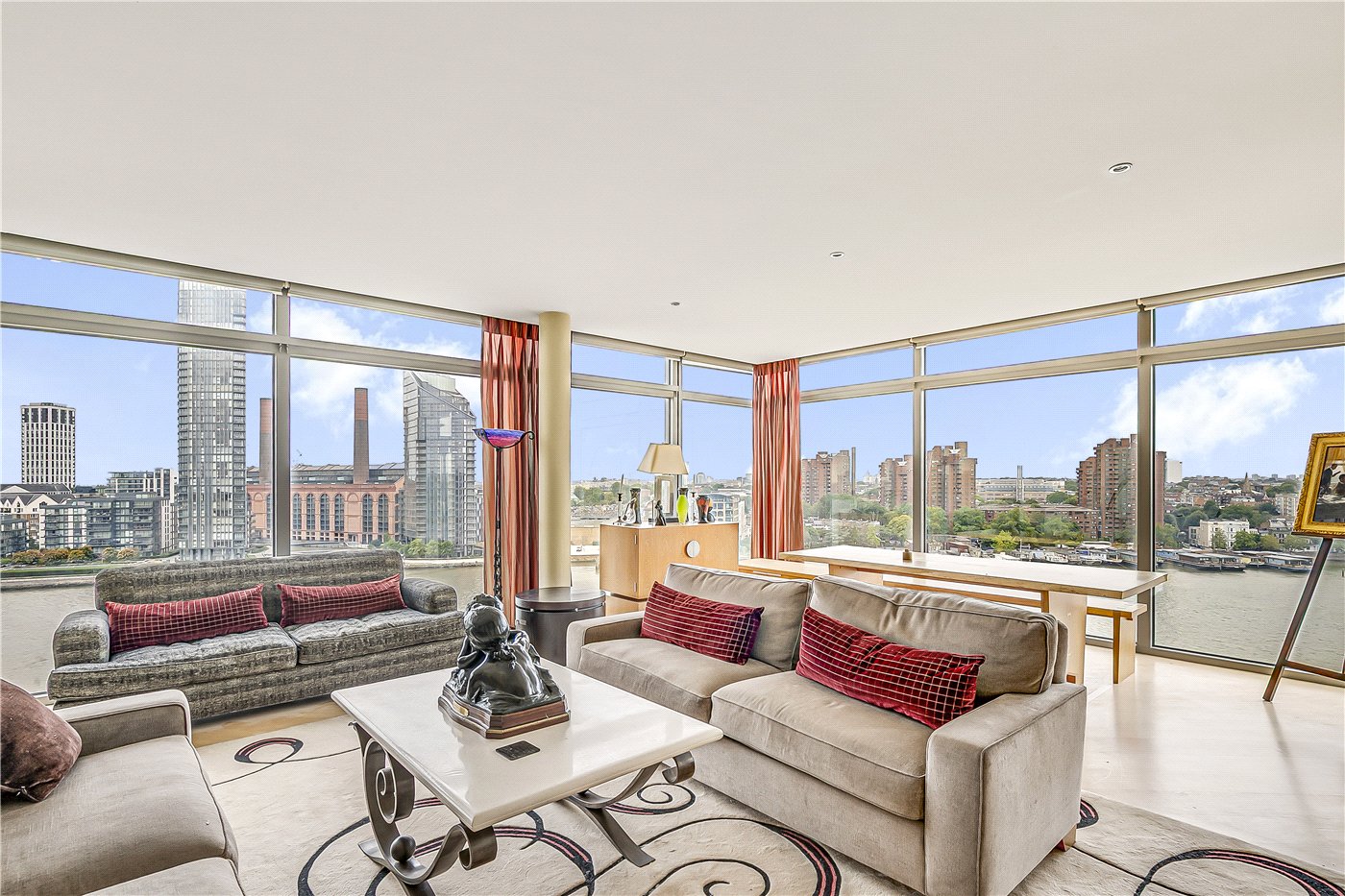While some steps will echo your experience as a first-time buyer – you apply for a mortgage and hire a solicitor, for example – there are some crucial differences.
By understanding what these look like, you can prepare for the challenges and put yourself in a stronger buying position.
More complex finances
Though it might not have felt this way at the time, buying your first home is relatively straightforward when it comes to your finances. You know your income and how much you have in savings. This time, new questions arise – first of all, do you need to sell your existing property to fund the new one?
Sometimes, people can take out a larger mortgage to free up some money. Keep in mind that stamp duty on a second property is applied at a higher rate.
More often, homeowners will sell up to afford the purchase. This involves arranging for a professional to value your existing property – either a chartered surveyor or an estate agent who can factor in the local housing market before giving you a free valuation. You can also look at what similar houses in your area are selling for.
Either way, talk to a mortgage broker or lender to see what you can borrow. Even if you port your mortgage to a new property, you still need to reapply for it.
An emphasis on timings
Assuming you’re selling up, the next question is: when? Will you aim to buy and sell at the same time? Or sell your existing property first? There’s no right or wrong, but your timings do require some careful thought.
Advantages of selling first
Since buying a property can bring many unknowns – and stresses – the big advantage here is that you enjoy more certainty. You only start looking for a new property once you’ve got your cash in the bank and know exactly what you can afford.
As a cash buyer, you’re also more appealing to other sellers who will appreciate that you have no downward chain (your purchase of their property doesn’t rely on someone buying yours, another person buying theirs, and so on). As a safer bet for a seller, you might be able to negotiate a better property price.
Disadvantages of selling first
An obvious drawback is the need to move into temporary accommodation, which can be hard work and expensive. According to Zoopla, the average removal cost for a three-bedroom property is £1,700.
Another concern is the potential erosion of your purchasing power. If property prices rise while your money is sitting in the bank, you won’t be able to afford as much. (The opposite is true if property prices shrink, but this is a less likely scenario.)
For these reasons, people often choose to complete the sale of their existing property and the purchase of the new one on the same day. You’ll need an experienced solicitor to handle the legal steps of the buying process – known as the conveyancing – which include:
- carrying out the legal searches
- reviewing the contracts
- making sure the money is transferred correctly
Stay in regular contact with your solicitor to talk through any problems and keep things moving.
Selling your home
Of course, a major step this time is selling your existing home. The right estate agent will give you expert advice on how to market the property before they conduct viewings, negotiate offers, and handle the sales admin. Consider how to prepare your property for viewings and look for the necessary documents to sell your property, including:
- title deeds (these are usually digital)
- Energy Performance Certificate (EPC)
- evidence of planning permission if you’ve made changes to the property
Final thoughts
Buying a property when you already own a home will hopefully give you more financial clout and, therefore, options. Inevitably, however, the process is more complex, especially if you are buying and selling at the same time. Don’t underestimate the importance of a skilled estate agent who can give you the advice and confidence to pursue your next exciting venture. Get in touch with your local Winkworth branch.



